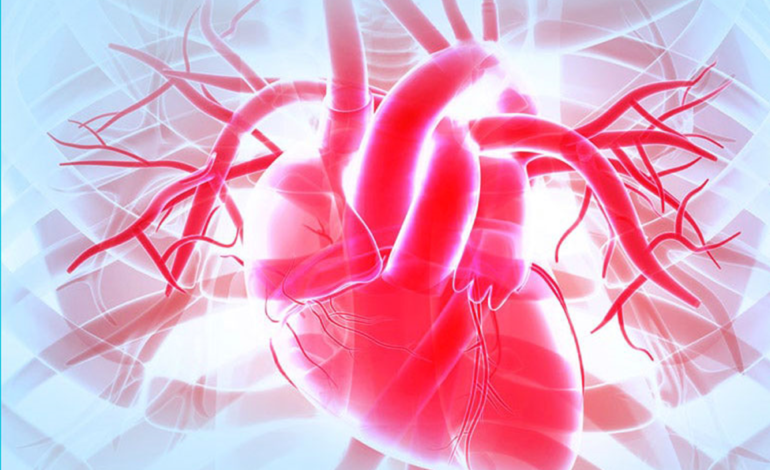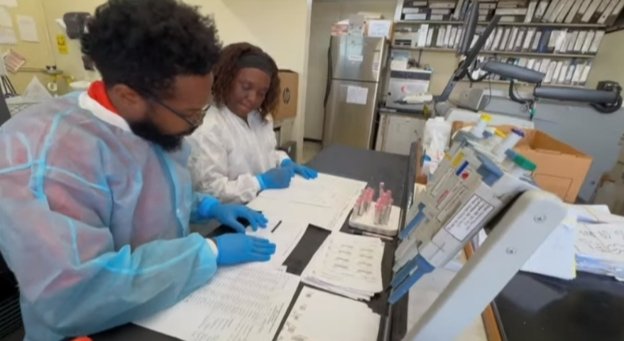30 Fascinating Heart Facts to Appreciate Your Lifesaving Organ

Throughout your busy day, it’s easy to overlook the tireless work of your heart. However, let’s pause for a moment to acknowledge this remarkable organ nestled in your chest, sustaining your life with every beat.
-
Your heart begins its rhythmic journey before birth and continues its vital work until your final breath.
-
The average person’s heart beats over 100,000 times per day, totaling more than 2.6 billion beats in a lifetime.
-
That familiar lub-dub sound? It’s the result of heart valves opening and closing.
-
The size of a typical human heart valve is akin to a half dollar coin.
-
Every minute, your heart pumps nearly 1.5 gallons (5.7 liters) of blood, a rate capable of filling an Olympic-sized swimming pool in less than a year.
-
Your heart, roughly the size of two clasped hands, finds its home slightly left of your breastbone, nestled under layers of protective ribs.
-
To accommodate your heart, your left lung is slightly smaller than your right.
-
Weighing between 7 and 15 ounces (200 to 425 grams), the heart of an average adult is lighter than a pound, with men’s hearts typically weighing about 2 ounces (57 grams) more than women’s.
-
By comparison, the heart of a blue whale, the largest animal on Earth, surpasses 1,000 pounds in weight.
-
In fairyflies, the world’s tiniest insects, microscopic hearts power their minuscule bodies.
-
Your heart operates as a well-oiled machine, pumping oxygen-depleted blood to the lungs for replenishment before circulating it back through the body.
-
Your body’s cells, with few exceptions, rely on your heart to supply them with oxygenated blood.
-
Extending over 60,000 miles (96,000 kilometers), your intricate network of blood vessels could encircle the Earth twice.
-
Women typically have faster heart rates than men, with nearly eight more beats per minute on average.
-
Each beat of your heart delivers approximately 4 tablespoons of blood.
-
Governed by its own electrical system, your heart continues to beat even when removed from the body, thanks to its specialized network of cells.
-
Heart disease poses the most significant health risk globally, but its impact can be mitigated through lifestyle choices like diet, exercise, and stress management.
-
Runners enjoy a 45% lower risk of heart disease and stroke.
-
Evidence of heart disease dates back to ancient times, with mummies showing signs of cardiac issues.
-
Heart attacks are more common on Mondays, often attributed to stress associated with the start of the work week.
-
December 25 sees more cardiac deaths than any other day, followed closely by December 26 and January 1, marking the holiday season as a peak for heart-related incidents.
-
Laughter can be medicine for the heart, reducing stress and improving blood vessel function.
-
The heart’s association with love stems from the physical sensation of excitement, rather than its biological functions.
-
Emotional distress can lead to “broken heart syndrome,” a temporary weakening of the heart muscle.
-
Heart cancer is rare due to heart cells’ limited division after adulthood.
-
The invention of the stethoscope was spurred by a desire for modesty in medical examinations.
-
The first “stopped-heart” surgery occurred in 1956, paving the way for modern cardiac procedures.
-
Coronary artery bypass surgery, developed in the late 1960s, revolutionized heart treatment by restoring blood flow using transplanted blood vessels.
-
Over 2 million people undergo open-heart surgery annually worldwide.
-
Despite its silent workings, your heart tirelessly supports your life’s journey, deserving of admiration and care.







